Indigenous Governance Database
Administration
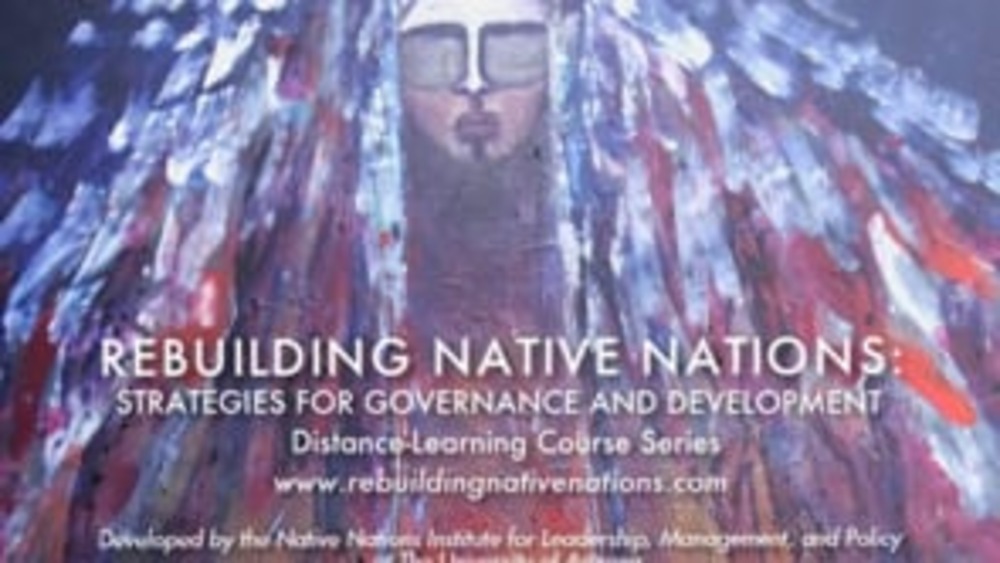
The Rebuilding Native Nations: Strategies for Governance and Development course series
This short video provides a comprehensive overview of NNI's "Rebuilding Native Nations: Strategies for Governance and Development distance-learning course series. The curriculum examines the critical governance and development challenges facing Native nations and surveys the breadth and…
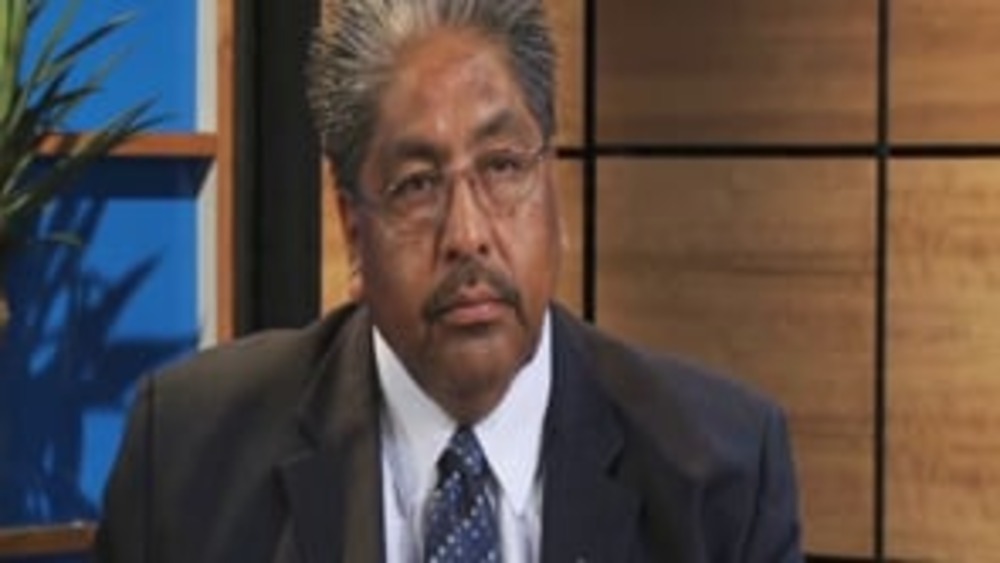
Ned Norris, Jr.: Strengthening Governance at Tohono O'odham
Tohono O'odham Nation Chairman Ned Norris, Jr. discusses how his nation has systematically worked to strengthen its system of governance, from creating an independent, effective judiciary to developing an innovative, culturally appropriate approach to caring for the nation's elders.
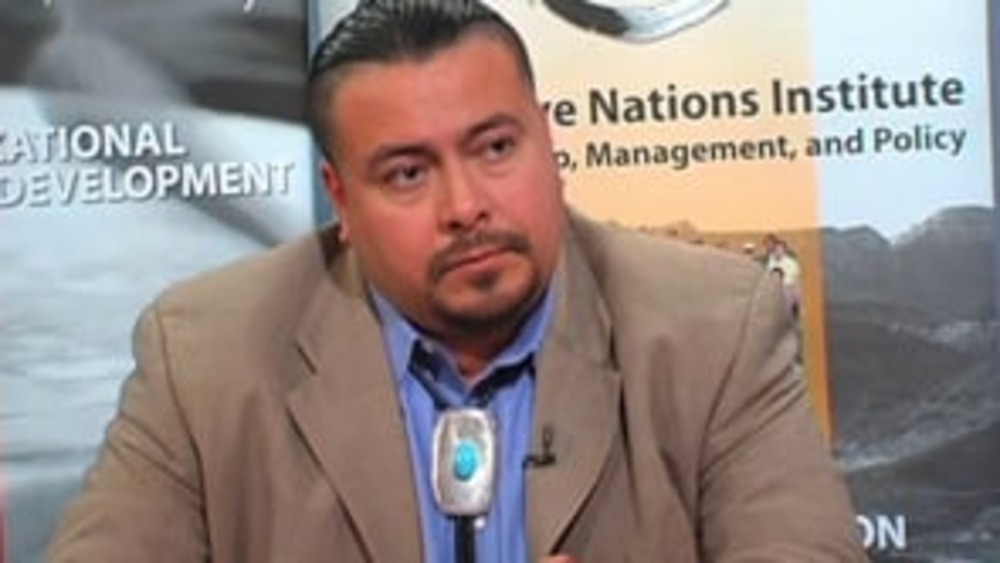
NNI Indigenous Leadership Fellow: Jamie Fullmer (Part 1)
Jamie Fullmer, former chairman of the Yavapai-Apache Nation, discusses the importance of the development of capable governing institutions to Native nations' exercise of sovereignty, and provides an overview of the steps that he and his leadership colleagues took to develop those institutions…

Honoring Nations: Tina Scott and Nan Smith: Mississippi Band of Choctaw Family Violence and Victim's Services
Program representatives Tina Scott and Nan Smith provide an overview of Mississippi Choctaw's Family Violence & Victim's Services program and discuss how its integrated approach has improved the quality and effectiveness of the services it provides to Choctaw citizens.
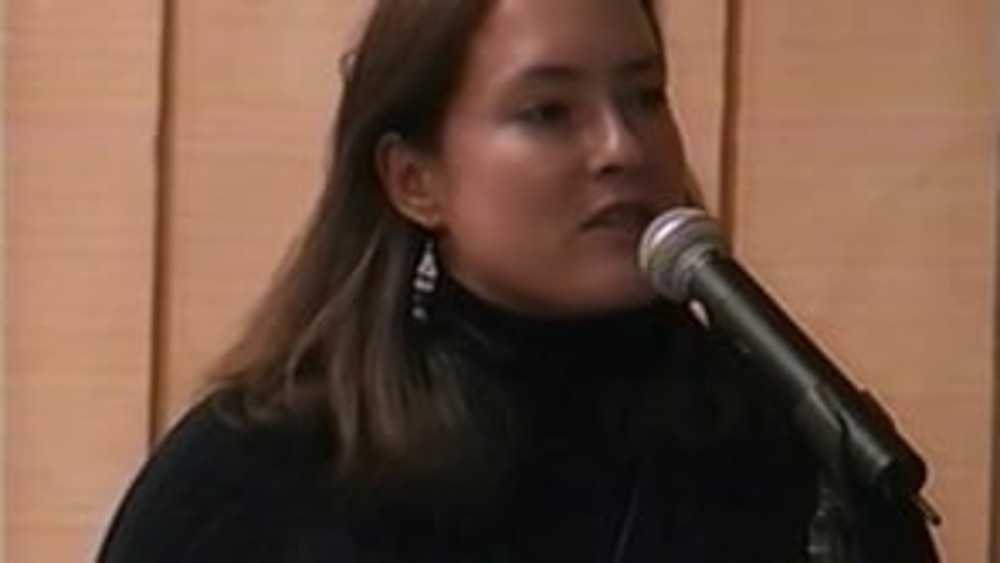
Honoring Nations: Miriam Jorgensen: Achieving Good Governance: Cross-Cutting Themes
Miriam Jorgensen, Director of Research for the Native Nations Institute and the Harvard Project on American Indian Economic Development, shares the cross-cutting themes of good governance that exist among the Honoring Nations award-winning programs.
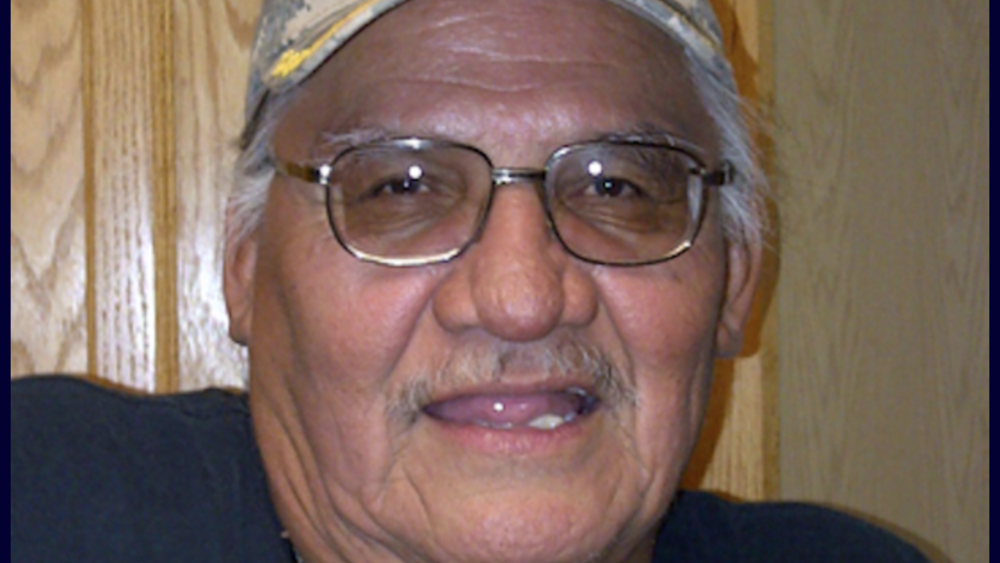
Indian Country must put more effort in public relations
While sipping my morning coffee I began reading a White House document titled “2014 Native Youth Report.” As with every other tribal member, I am aware of the long-standing socio-economic quagmire we have been enduring. The fact that we are still alive and well is short of miraculous and thought…
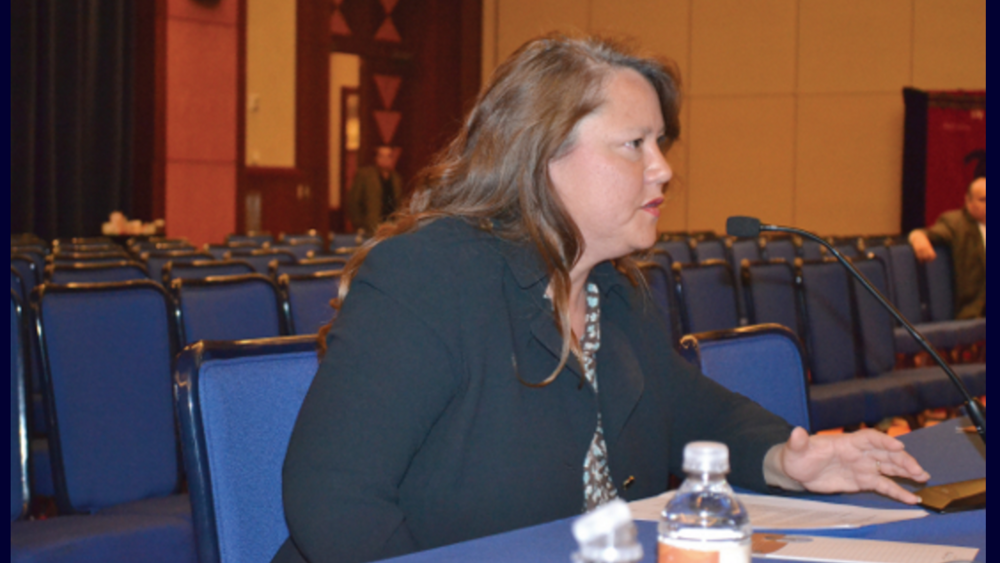
Tribal General Welfare Exclusion Act Signed into Law by Obama
On Friday, September 26, 2014, President Barack Obama signed H.R.3043, the "Tribal General Welfare Exclusion Act of 2014," into law. The law puts tribes on the same level as states and the federal government when it comes to taxation of general welfare programs. Specifically, H.R. 3043 excludes…
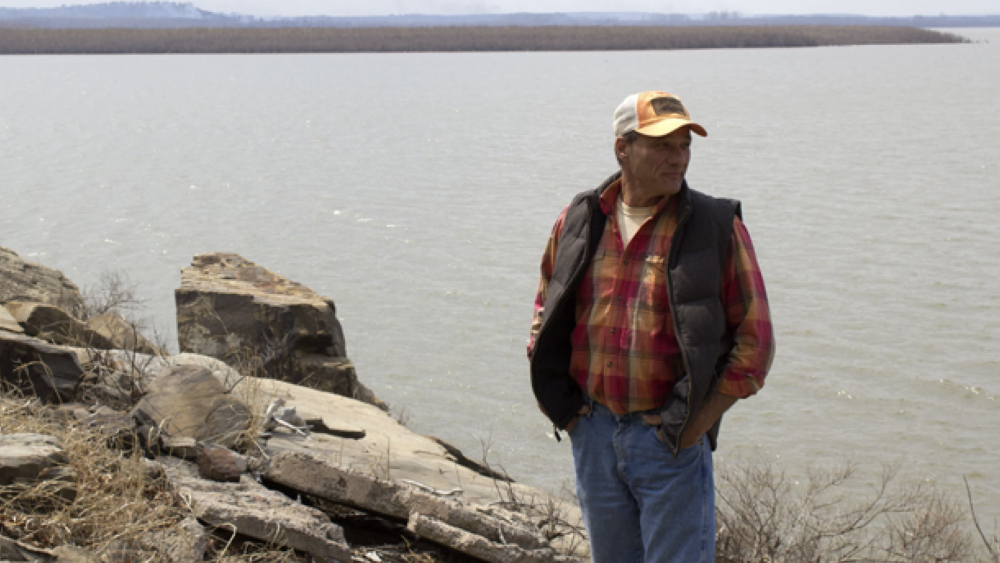
Cast-off State Parks Thrive Under Tribal Control, But Not Without Some Struggle
Rick Geisler, manager of Wah-Sha-She Park in Osage County, stands on the shore of Hula Lake. When budget cuts led the Oklahoma tourism department to find new homes for seven state parks in 2011, two of them went to Native American tribes. Both are open and doing well, but each has faced its own…

Cherokee Nation Raises Tribal Minimum Wage, More Than $2 Above Federal
Cherokee Nation Principal Chief Bill John Baker signed an executive order on February 21 raising the Cherokee Nation’s minimum wage to $9.50 over the next two years. The current Cherokee Nation minimum wage stands at $9 per hour, already well above the federal minimum wage of $7.25 per hour...
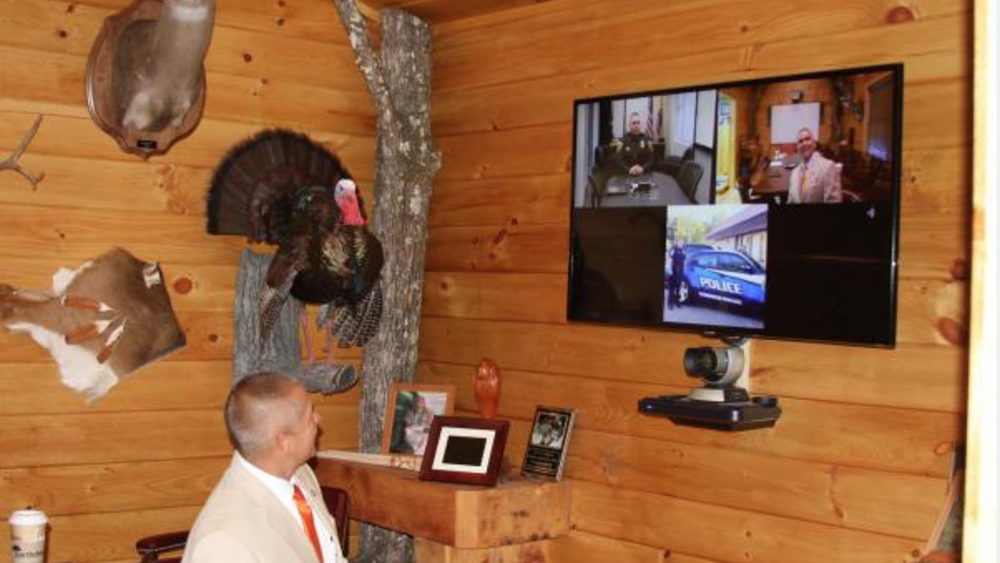
Face Time: Video Conferencing App Improves Business Relations for Eastern Band of Cherokees
Many employees of the Eastern Band of Cherokee Indians who tote tribal issued mobile devices are–or will be soon–getting more face time in with a video conferencing application. The Eastern Band, which employs about 1,100 workers, began its deployment of ClearSea, a high-definition video…

Wisdom From Mel: It's Okay to Not Know Everything
Mel Tonasket was not formally educated but he had lobbied and negotiated with Congressman and Senators. When Mel was in Washington D.C. he heard the fancy words from the Solicitors office. He was determined to fight for tribes and not let the “Suyapees” (Anglos) get the best of us — so when he…

Muscogee Creek Nation Meets Growing Pharmacy Needs Through Bilingual, Self-Refill App
A new, automated prescription refill system has made time management much easier for Muscogee Creek pharmacy staff. Nearly a year ago, the tribe tapped Enacomm, a leader in interactive voice response technology, to help the Muscogee Creek Nation Department of Health manage their increasingly high…
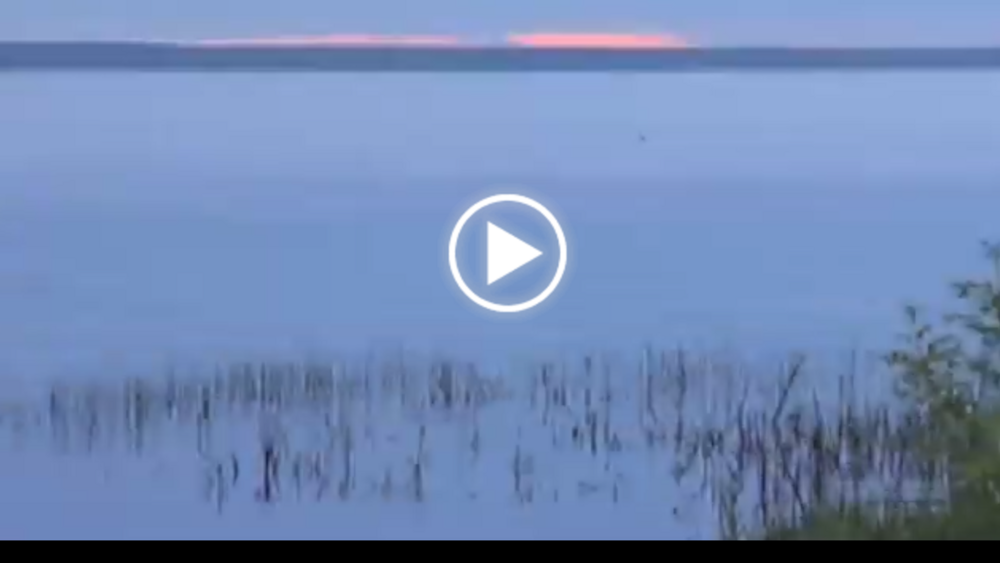
Why Treaties Matter (video)
This 15-minute video, produced by the National Museum of the American Indian, serves as a companion piece to "Why Treaties Matter - Self Government in the Dakota and Ojibwe Nations," a travelling exhibit on treaties between Dakota and Ojibwe people and the U.S. The film introduces the…
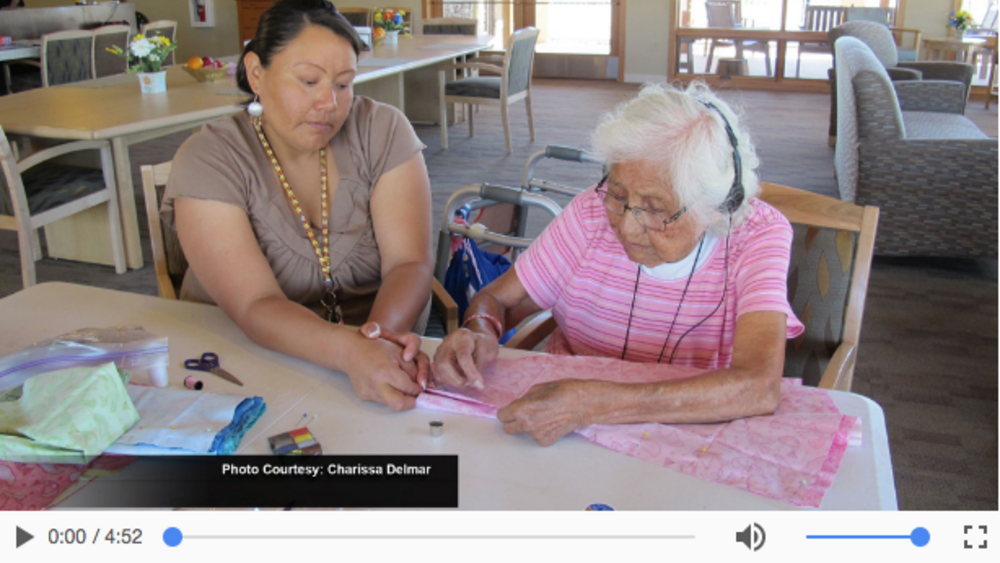
Tohoho O'odham Nation Used as Model For Tribal Governance
The Tohono O'odham Nation, which is in Southern Arizona and northern Mexico, has a tribal governance structure that other Native nations can learn from, and that's why the Native Nations Institute at the University of Arizona is featuring the tribe in some of its courses about governance. The…
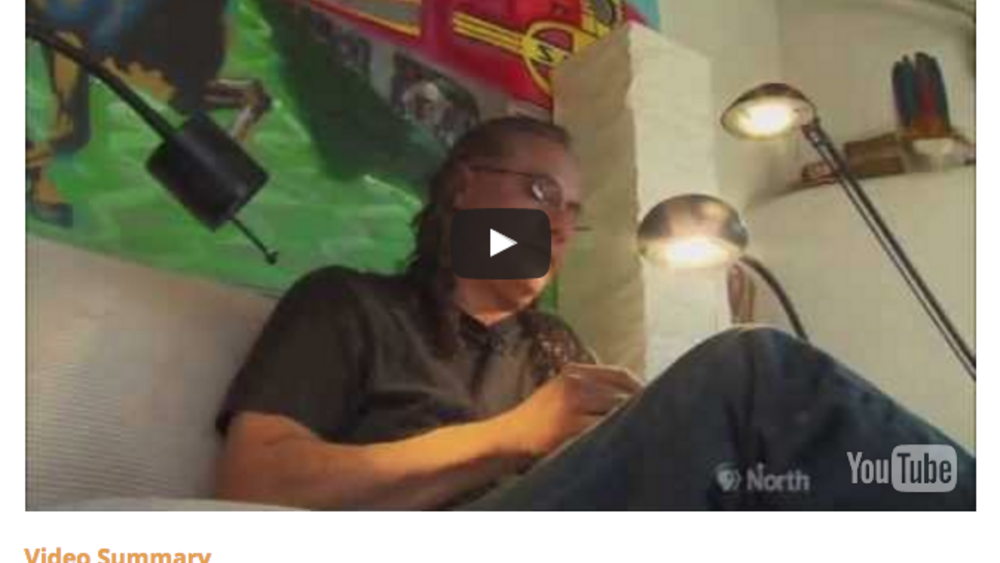
Native Report: Scott Davis
On this edition of Native Report, meet Scott Davis Executive Director for North Dakota's Indian Affairs Commission. (Segment Placement: 17:56-25:27)
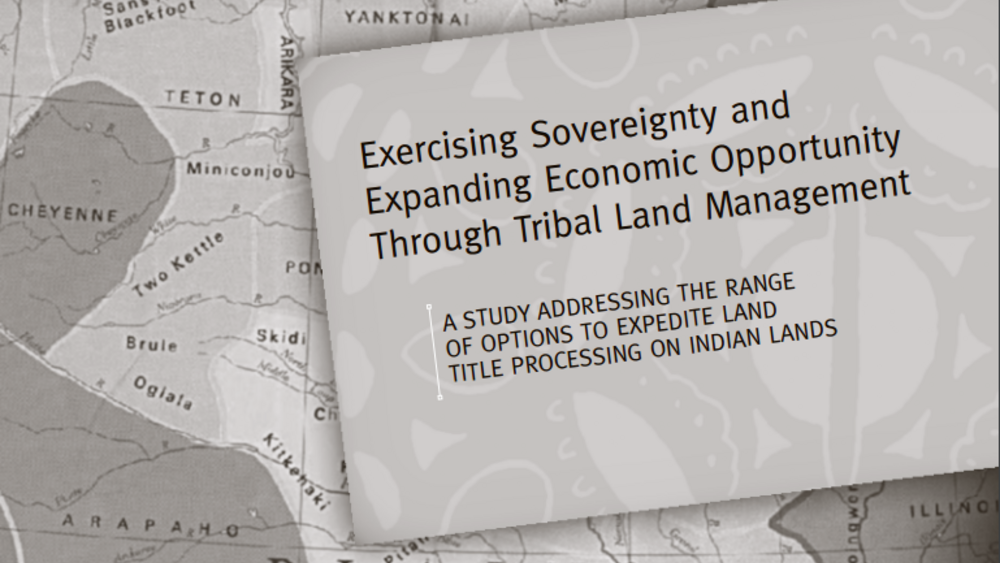
Exercising Sovereignty and Expanding Economic Opportunity Through Tribal Land Management
While the United States faces one of the most significant housing crises in the nation’s history, many forget that Indian housing has been in crisis for generations. This report seeks to take some important steps toward a future where safe, affordable, and decent housing is available to Native…
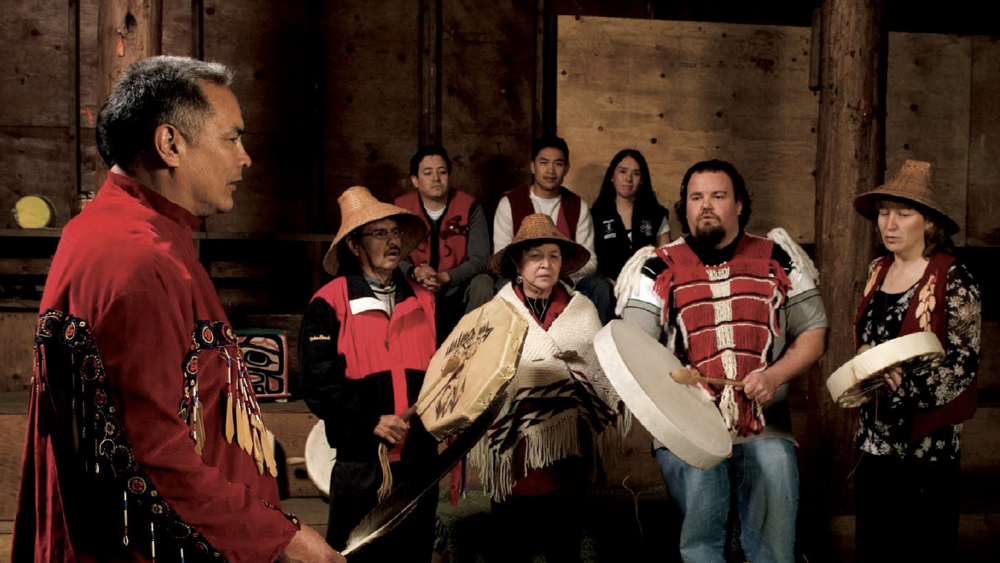
First Nations Communications Toolkit
The First Nations Communications Toolkit is a unique resource jointly developed by Indian and Northern Affairs Canada, BC Region, and Tewanee Consulting Group. This Toolkit was designed explicitly for First Nations communicators and is based on input from First Nations communicators and…
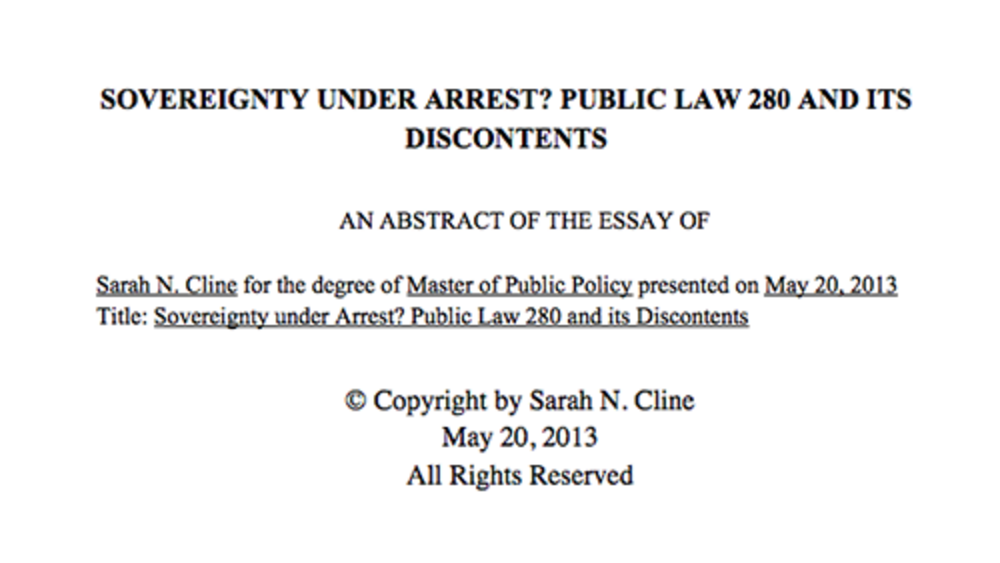
Sovereignty Under Arrest? Public Law 280 and Its Discontents
Law enforcement in Indian Country has been characterized as a maze of injustice, one in which offenders too easily escape and victims are too easily lost (Amnesty International, 2007). Tribal, state, and federal governments have recently sought to amend this through the passage of the Tribal Law…
Pagination
- First page
- …
- 1
- 2
- …
